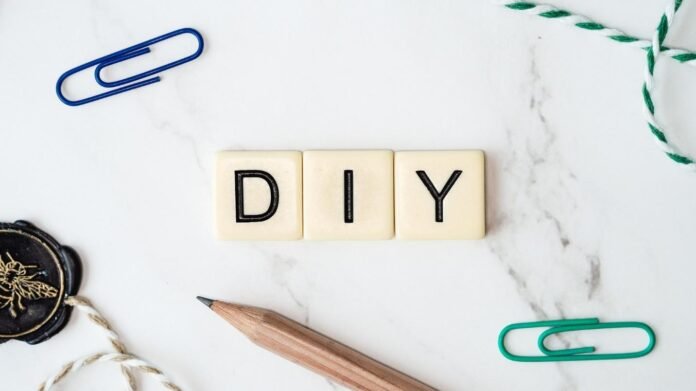Take the time to carefully analyse the unique application requirements and environmental challenges that your product may face before choosing the materials for your DIY project. Think about the material’s machinability, weld ability, and other qualities as well. Visit https://fastmetals.com/pages/sheet-stock for a selection of metal sheet stock.
Machinability
The term “machinability” describes how simple it is to cut (machine) a particular type of metal. Naturally, the cost of your project will be lower the simpler it is to cut metal. You should check to see that cutting your preferred metal yields satisfactory results, though. One of the most easily machined materials is steel. Stainless steel, on the other hand, has some of the hardest machinability properties. As a result, you can anticipate needing sophisticated cutting components to successfully complete the metal’s cutting operation.
Weld ability
Weld ability, as its name suggests, refers to a metal’s inherent capacity to join it to other metals and materials. You can join different kinds of metal with welding, which enables you to complete your project with the desired result. As a result, you should examine how simple it is to weld the metal you are considering using in your project. Basically, how much preparation is needed to get the metal ready for welding? Additionally, will sophisticated welding equipment be needed? If so, you’ll need to account for the extra expenses involved. Steel is the finest choice if you’re looking for a simple metal to weld.
Ductility
The capacity of a metal to change shape (deformation) without breaking is referred to as ductility. Any metal that can be pushed and moulded without breaking is referred to as ductile. Almost all metals become ductile when exposed to the proper amount of heat. And this is where there can be a problem. You can anticipate more charges and equipment if you need to fabricate the metal with unusually high heat. If money is short, you might choose a metal like aluminium that can be formed and pressed with little heat.
Corrosion Protection
Metal tends to corrode over time and under the proper conditions, as anyone who has spent any time with metal will attest to. Corrosion resistance, therefore, refers to how long a metal can resist corrosion, which makes sense. Corrosion is brought on by oxidation and chemical exposure. Therefore, if your project’s outcome is in the presence of such exposure, you should consider using a metal type that resists corrosion better than others.
Tensile Power
A metal type’s tensile strength is the amount of stress or tension it can withstand before suffering irreparable damage and failing. Tensile strength is essentially a measurement of how much stress a metal can sustain. Tensile strength also makes an excellent benchmark for assessing the stability of metals. It will also be much simpler for you to choose the appropriate metal for your project once you are aware of what to anticipate from different sorts of metal in this regard. For example, when compared to other metals, aluminium has some of the lowest tensile strengths. On the other hand, stainless steel offers some of the best.
Versatility
Is your preferred metal adaptable enough to combine with other materials if the project requires it? Of course, you don’t want to pick a metal that will be difficult to work with when your project is being built. On the other hand, a project made entirely of your chosen metal is a completely different matter. You should not be concerned about such interactions with other materials. However, it’s critical to choose a long-lasting, robust, simple to deal with, and versatile metal if you’re building anything like a house.
Cost
Depending on the job, you can need the most expensive metal, for example, if it has the best tensile strength and corrosion resistance. However, you might get away with utilizing a less expensive metal if you’re manufacturing something straightforward and less important.

